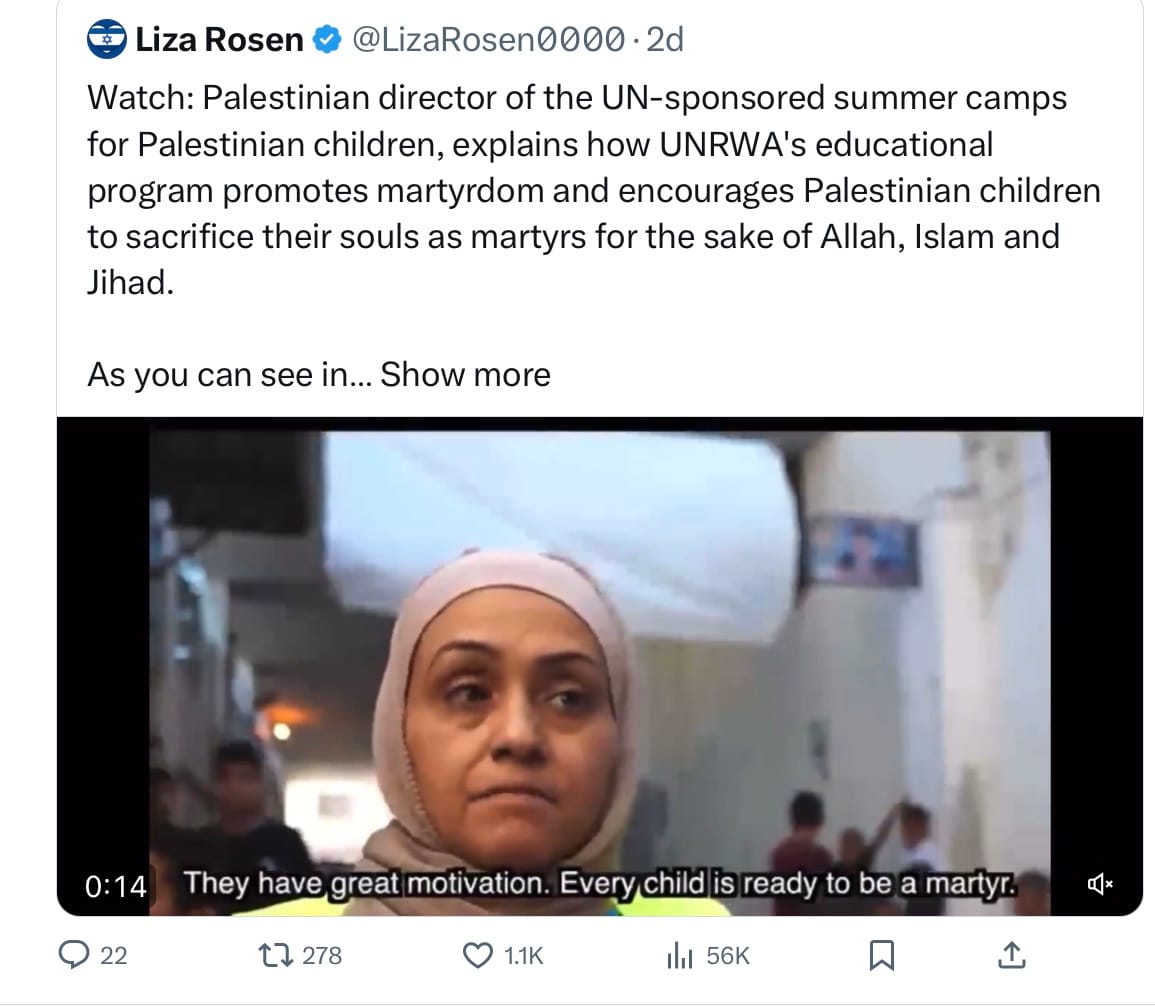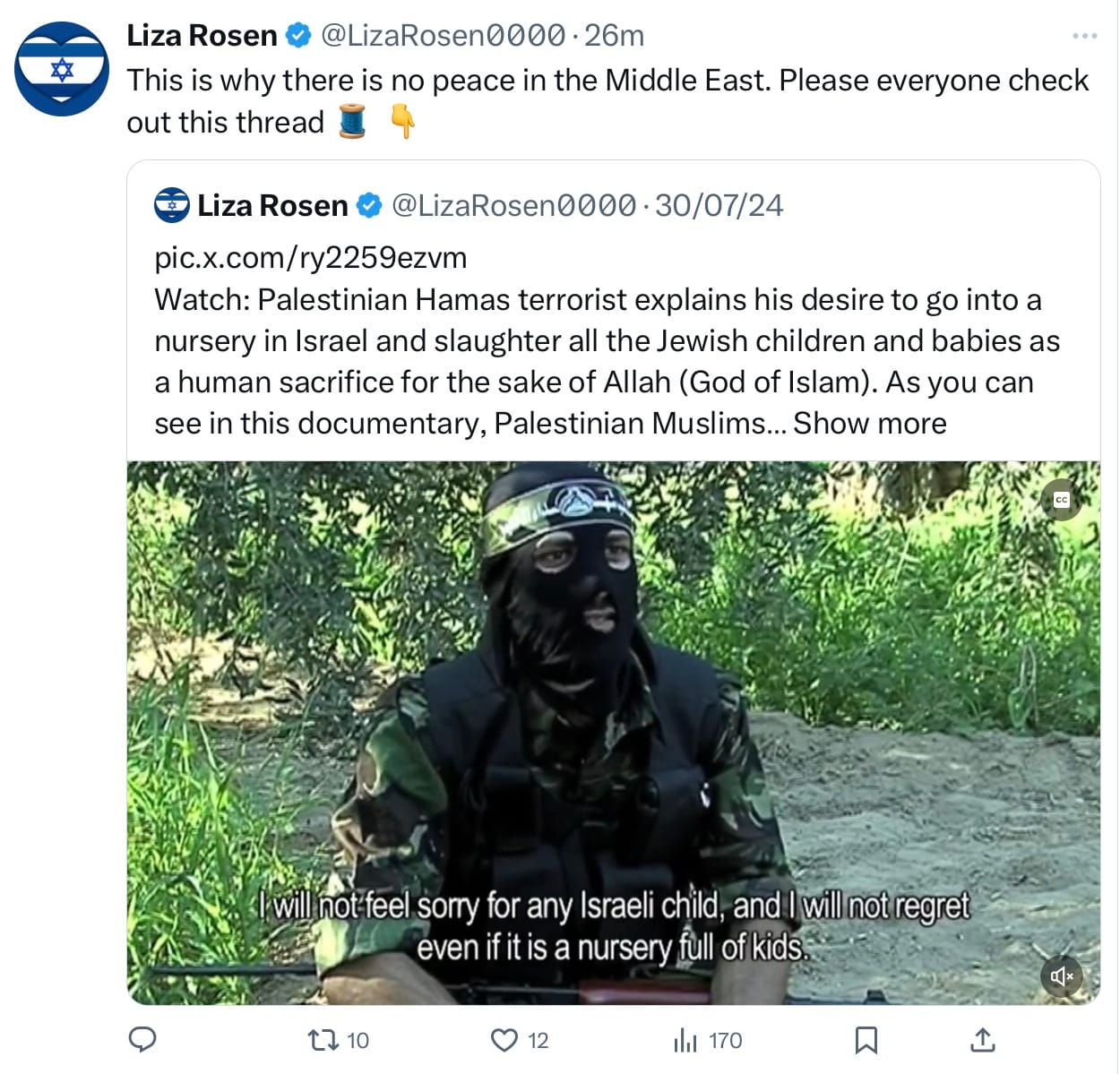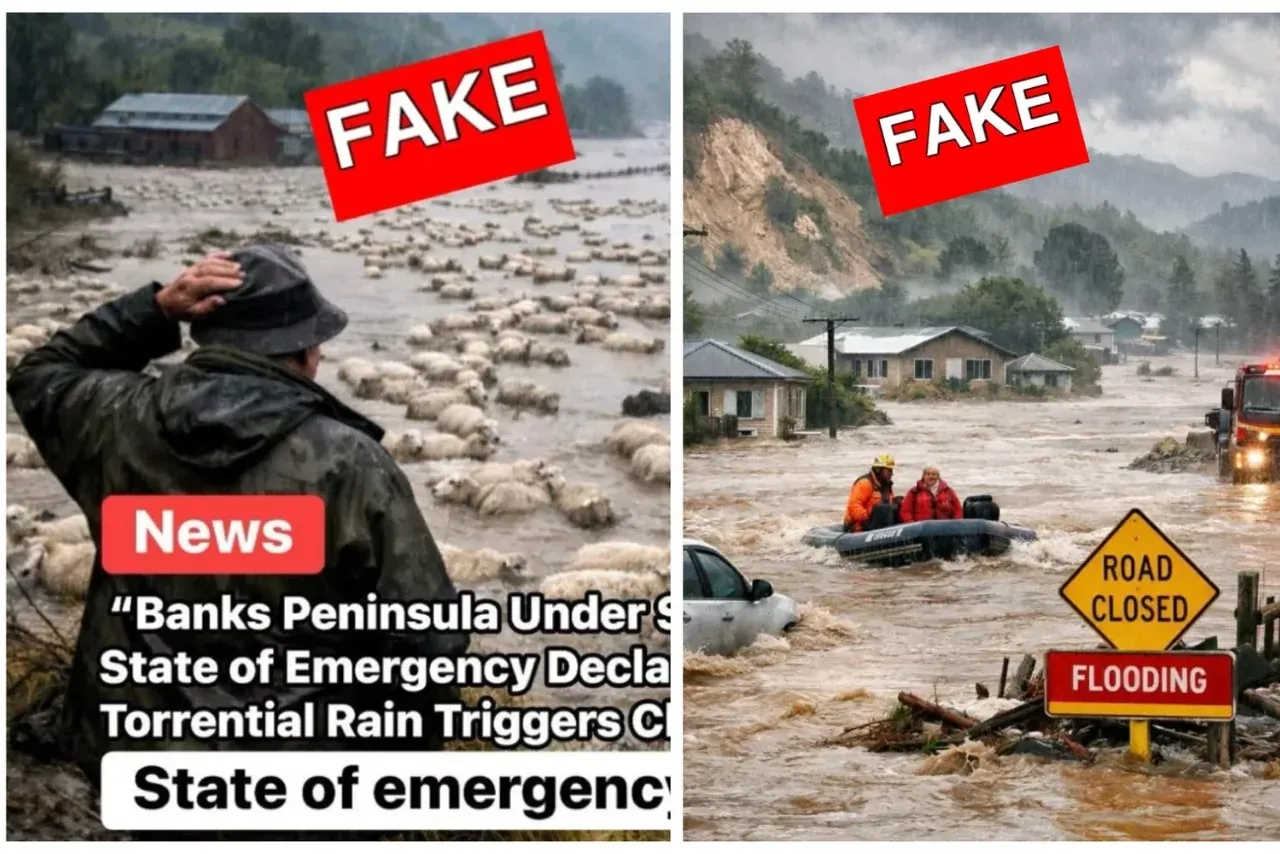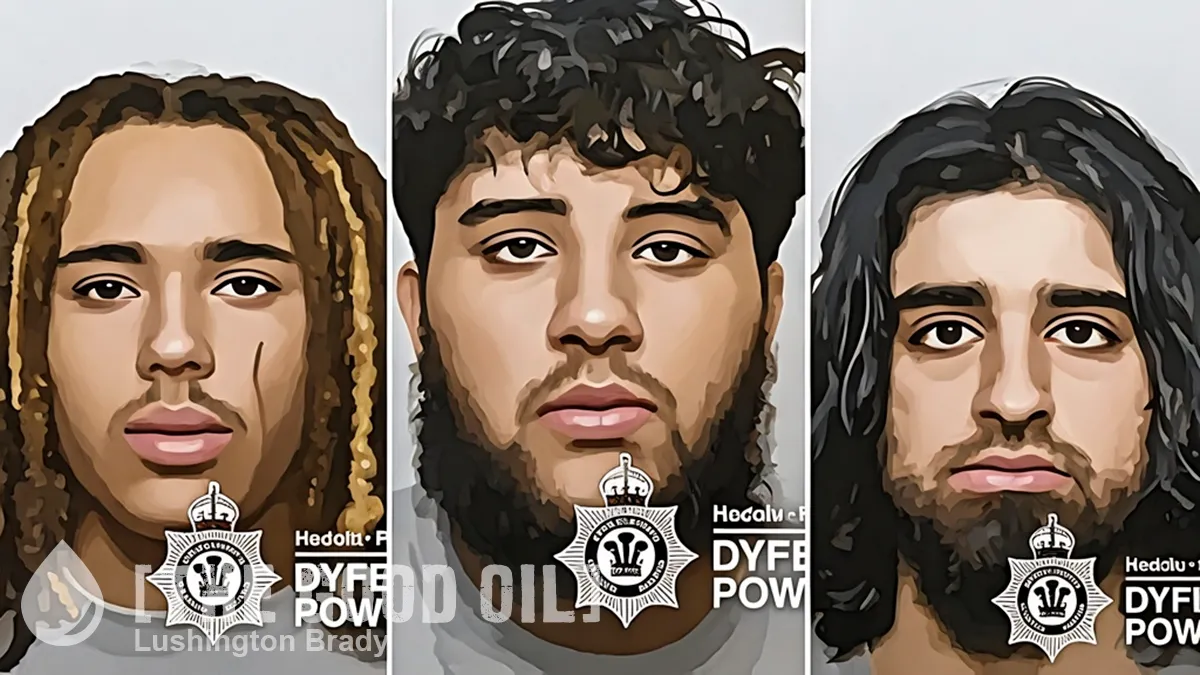Table of Contents
In March this year, British journalist Tom Gross, just before graduating from Oxford University, was interviewed for a place in the prestigious (BBC) British Broadcasting Corporation’s two-year journalist trainee course.
The chair asked whether there was anything I would have changed about a recent edition of BBC One’s then-flagship Nine O’Clock News.
In a calm and reasoned way, I said that although the BBC could not report on everything in its half-hour bulletin and had to be selective about which international items to cover alongside British ones, it had struck me that Saddam Hussein’s gassing of the Iraqi Kurds at Halabja deserved to be much higher up on BBC News than it had been.
I pointed out that this horrific act was the largest use of chemical weapons against a civilian target since World War II. Between 3,000 and 5,000 Kurdish children and adults had been gassed to death. Yet the BBC had only mentioned it in passing about 20 minutes into its news bulletin, after a light-hearted item about Prince Charles. I added that the BBC’s main news competitor in Britain at the time, ITN, had led its evening news bulletin that day with a five-minute report on the gassing of the Kurds.
There was silence in the room. The members of the BBC interviewing panel glanced at one another with expressions of bemusement. The chair then turned and asked me, with a slight scowl, “Are you a Zionist?”
And then, before I could answer, my interview came to an end.
Gross was rejected for the BBC journalist-training programme.
The BBC is not the most anti-Israel news organization in the Western world. Its prejudices are not as jaw-dropping as, for example, those of the Guardian (the daily paper of choice for many BBC news staff), which this January blamed Israel’s current action against Hamas for worldwide climate change. BBC reporters do not directly encourage terrorism against Israelis, as did, for example, Mohammed Fayq Abu Mostafa, a Gazan photojournalist working for Reuters, who called on ordinary Gazans to cross the border into Israel and join the Hamas rampage on October 7. (Among other things, Abu Mostafa then eagerly shared his footage of Gazans lynching an Israeli soldier.)
Yet, as the biggest and arguably most influential news organization in the world, broadcasting in dozens of languages on multiple TV and radio platforms as well as online, to a combined audience of about half a billion people, the BBC may be Israel’s most problematic antagonist among Western media.”
Tom Gross writing for Sapir
Earlier this month a report was released from analysis by 20 lawyers and 20 data scientists on BBC reporting on the Israeli-Hamas war. The report claims the BBC breached its own editorial guidelines over 1500 times.
“It comes after a four-month analysis of the BBC’s output across television, radio and other platforms. In it, the group claims that during the peak of the fighting, the BBC breached its own impartiality guidelines more than 1,500 times. The report describes this as a “deeply worrying pattern of bias.”
The report utilized artificial intelligence to analyze about 9 million words of BBC content. One key finding was that the BBC mentioned “war crimes” four times more in relation to Israel than Hamas. The publication mentioned it 127 times, compared to just 30 mentions for Hamas.
The term “breaching international law” was also used six times more often with Israel. When it came to the word “genocide,” it was associated with Israel 283 times versus only 19 for the Palestinian group.
Another concern raised by the report was the BBC’s Arabic broadcasts, which reportedly featured journalists who had previously made statements in support of Hamas. This is an issue that the BBC has acknowledged, launching its own internal investigation into six reporters.
The media company said, responding to the report, that it will carefully consider the findings, but have “serious questions” about the methodology used, particularly the reliance in artificial intelligence to assess impartiality.
Former BBC executive Danny Cohen has also called for an independent inquiry into the broadcaster’s coverage. Protesters have gathered outside the BBC’s London headquarters, upset over the broadcaster’s characterization of Hamas as a “resistance movement.”
Straight Arrow News
Promoting terrorism under the guise of “resistance movement” is a lie that remains credible by methodically censoring the truth that Jewish genocide is expected of Palestinian children, taught to them at home and in UNRWA schools.
Palestinian parents expect their children to practice Jewish genocide
NZ is funding terrorism through UNRWA schools.


Influencing people by omitting important events is as bad as lying about them.
X post Sunday 15 September 2024:
BBC One has suffered a record drop in audiences for its news bulletins, with increasing numbers of people reading headlines via social media platforms.
For the first time, online sites overtook television as the UK’s main source of news.”
MSM
TVNZ uses BBC news on the Israeli-Hamas conflict as a source for broadcasting to their dwindling audience. It is not right for a state-funded broadcaster to promote antisemitism on the public.









